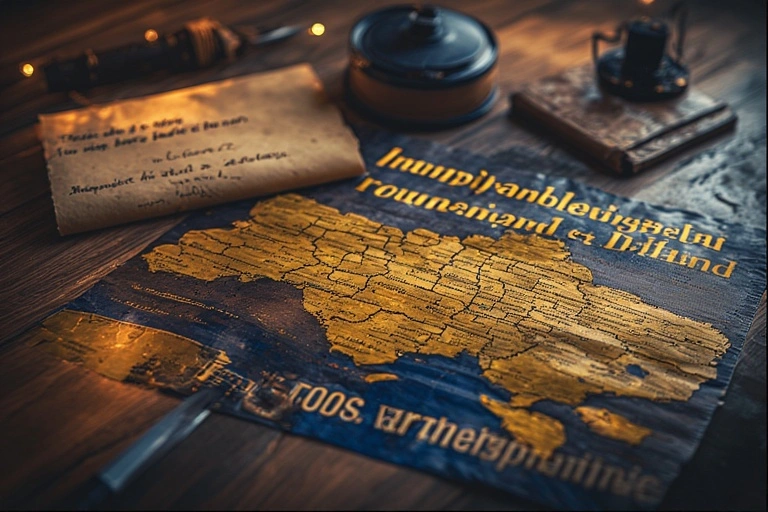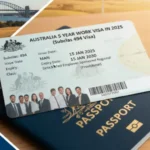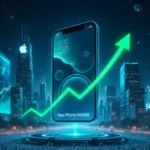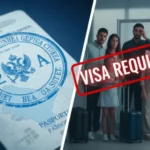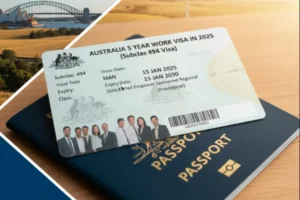This Ukrainian Independence Day has brought into focus the subtle yet significant differences in how world leaders and Ukraine itself view the path to peace. While many nations including the United States, sent congratulatory messages the words used disclose a complex web of diplomatic intentions and a deep seated history of broken promises.
Messages of Support and the Search for Peace
International pioneers, including US President Donald Trump and his Secretary of State, Marco Rubio, came together to celebrate 34th Independence Day of Ukraine’s. Their messages were full of honor for the country’s courage and a commitment to its authority.
Trump and Rubio’s Diplomatic Language
In an authorized letter, Trump praised Ukrainians, praising their “unbreakable spirit” and expressing belief in their future as an independent nation. He wrote, “Now is the moment to bring an end to the senseless killing,” and confirmed U.S. support for a “negotiated deal that leads to a durable lasting peace.”
Secretary Rubio’s news release repeated this opinion, stating that the U.S. believes “in a negotiated agreement that upholds Ukrainian independence and guarantees its long term security, leading to durable peace.” These messages spotlight a shared goal of ending the conflict through negotiation.
Zelensky’s Response and the Key Word: ‘Guaranteed’
Volodymyr Zelensky, President of Ukrainian took to social platforms to thank the U.S. leaders for their encouragement. On the other hand, his letter add an important word, “guaranteed.” The Volodymyr thanked the U.S. for standing with Ukraine to confirm its “independence, freedom and guaranteed peace.”
This appearance’s small word choice is a powerful indication of Ukraine’s outlook. It points to a record of promises that were not kept. In 1994, under the Budapest Memorandum Ukraine was “guaranteed” its security in exchange for giving up its nuclear arsenal. The fact that one of the guarantors Russia is now the attacker has made the word “guarantee” much more meaningful and conditional for Ukraine.
For Ukraine, a “negotiated settlement” is not enough. They are pursuing a “NATO Article V-type guarantee,” a formal and binding security agreement that would protect against any future combativeness is met with a strong, united response from its collaborate. This is why the country’s leaders are pushing for concrete security agreements rather than just diplomatic assurances.
The Broader Context of the War
The background of this Independence Day is a war that continues to rage. Even with strong diplomatic efforts and a recent meeting between Trump and Russian President Vladimir Putin, the fighting has not stopped.
Ongoing Hostilities
Ukrainian and Russian forces continue to exchange attacks. Russian officials claim a Ukrainian drone, Unmanned Aircraft System (UAS) was shot down near a nuclear power plant generating a fire. Meanwhile, on the eve of Independence Day Russia launched a barrage of drones and a furious missile toward Ukraine. The ongoing terrorism underscores the longstanding issues that are not being determined through diplomacy alone.
Stalled Peace Talks
The force around peace talks has stalled, and Russian President Vladimir Putin emerges determined to fight on. While many world leaders are calling for an end to the violence there is a clear divide on how that should be achieved. The conflict’s continuation in spite of high level meetings and public requests shows that a simple “negotiated settlement” may not be enough to achieve a “durable lasting peace.”
Ukraine’s Bold Stance
In his own dwelling to the nation, Ukrainian President Volodymyr Zelensky provided a powerful message of defiance. He stated that Ukraine “will not lose” and that it is “stronger and has self respect.” He highlighted that Ukraine is not a victim but a fighter and that its prospect will be decided by its own people.
Zelensky’s oration supported the idea that Ukraine is acting without delay for an “act of kindness” but has its own will to secure its future. He protectively rejected any “compromise” that would bring shame to the nation, underscoring the need for a “just peace” that is decided by Ukrainians alone. This strong position signals that Ukraine is not willing to give up its territory or independence for a peace that is not truly “guaranteed.”
Final Verdict
The conclusion is that serenity is not just the absence of war; it is about security, dignity, and a future free from the threat of renewed hostility. For Ukrainian Independence Day, the messages from world leaders though well intentioned disclose that their goals for a “durable peace” may differ from what Ukraine actually required.
For the U.S., a “negotiated settlement” is the desired outcome. For Ukraine, however, “negotiated settlement” is just a set of words unless it comes with a solid “guarantee” that its freedom and security will never again be imperiled. The history of the Budapest Memorandum has taught Ukraine a painful lesson: without true guarantees from its collaboration any “peace” agreement is just a breakable piece of paper. The ongoing war the stalled talks and Zelensky’s steadfast position show that for Ukraine, peace must be built on a foundation of unbreakable security not just diplomatic goodwill.

